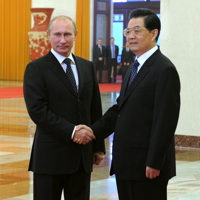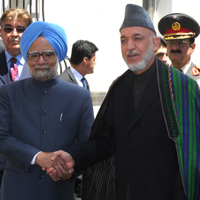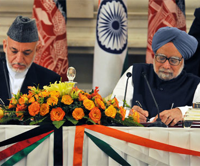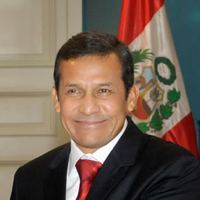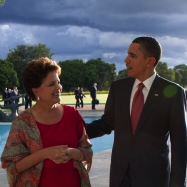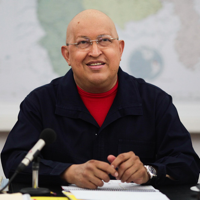
The reaction in much of the Western press to Russian Prime Minister Vladimir Putin’s proposal of a Eurasian Union at the beginning of October was more or less predictable to longtime Russia watchers. Familiar accusations of Russian neo-imperialism and wild claims about a “new Soviet Union” abounded, feeding into a general narrative of Russia as a looming threat that must be contained. These fears are premature, to say the least. As Richard Weitz pointed out in his WPR column last week, the idea of some form of overarching supranational organization for the post-Soviet states has been a hallmark of Russian […]

